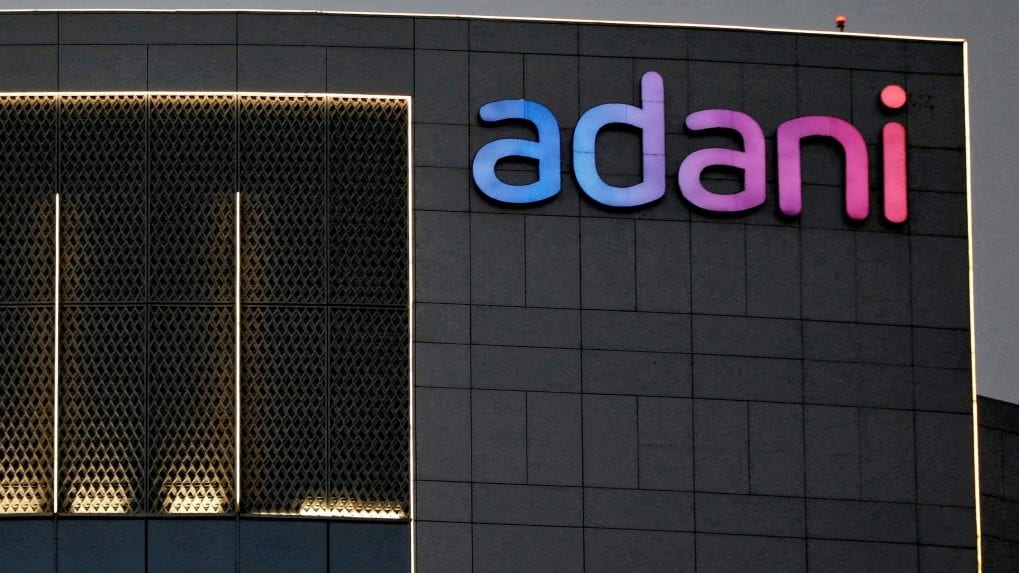Adani Energy Solutions plans to raise $360 million via bonds

Adani Energy Solutions plans to raise $360 million via bonds
Adani Energy Solutions (AESL), previously known as Adani Transmission, is embarking on a financial strategy to raise $360 million, approximately Rs 3,000 crore, through the issuance of bonds on a private placement basis. The announcement was made by Rohit Soni, the Chief Financial Officer of Adani Energy Solutions, during an investors’ call.
The primary objective of this fundraise is to facilitate the private placement of $360 million in transmission assets that have been commissioned over the last three to four years. This strategic move indicates the company’s intention to mobilize capital for specific projects and investments related to its transmission infrastructure.
Private placement of bonds involves selling securities directly to a select group of investors, typically institutional investors, rather than through a public offering. This method allows companies to tailor their fundraising efforts to a targeted audience, potentially offering more flexibility and efficiency in the capital-raising process.
The mention of transmission assets commissioned in the last three to four years suggests that the funds raised will likely be directed towards newer projects or infrastructure developments within that timeframe. These transmission assets could include power lines, substations, or other components of the electrical grid, aligning with Adani Energy Solutions’ role in the energy transmission sector.
The decision to raise significant capital through bond issuance reflects the company’s confidence in its projects’ viability and the potential for returns on these investments. Additionally, private placement allows Adani Energy Solutions to access funds from institutional investors who may have a keen interest in long-term infrastructure projects.
Overall, this financial move by Adani Energy Solutions underscores its strategic approach to financing, expansion, and continued investment in transmission infrastructure. The success of the private placement and the subsequent deployment of funds will likely depend on factors such as market conditions, investor interest, and the overall economic climate.

Rohit Soni, the Chief Financial Officer of Adani Energy Solutions (AESL), provided further details during the investor call, shedding light on the company’s ongoing efforts to secure funds. He mentioned that the company is actively exploring the possibility of raising $360 million through bonds early next year. The process is still in progress, and the company is engaged in the necessary paperwork for the bond issuance.
Additionally, Soni revealed the company’s broader financial plans, indicating a goal to raise another $1 billion. He stated, “We are looking at a billion dollars of raise, so I think we are still working on it, so the time what we have given by year-end that still holds good from our perspective.” This suggests that Adani Energy Solutions is considering a substantial capital infusion to support its strategic initiatives and expansion plans.
It’s noteworthy that in May of the same year, the company’s board had already approved the raising of funds through the issuance of equities, with a total value of up to Rs 8,500 crore. The funds were intended to be raised through a qualified institutional placement (QIP) or any other permissible mode. This demonstrates the company’s multi-faceted approach to capital-raising, involving both equity and debt instruments.
The mention of a qualified institutional placement (QIP) suggests that Adani Energy Solutions may consider issuing shares to institutional investors as part of its fundraising strategy. QIP is a common method for listed companies to raise capital from institutional investors, providing a way to infuse funds into the company for various purposes, including expansion, debt reduction, or working capital.
In summary, the update from Rohit Soni outlines the company’s ongoing efforts to secure funds through bond issuance, along with broader plans to raise a significant amount of capital, possibly through a combination of debt and equity instruments. The timeframe for these fundraising activities, as stated by Soni, aligns with the company’s objectives by the end of the year.
Adani Energy Solutions Limited (AESL), a prominent entity within the Adani portfolio, operates as a comprehensive and multi-dimensional organization within the energy sector. The company has strategically positioned itself across various facets of the energy domain, excelling in power transmission, distribution, smart metering, and cooling solutions.
As the country’s largest private transmission company, AESL boasts a significant presence across 16 states in India. The company has established an extensive cumulative transmission network, covering an impressive 19,800 circuit kilometers, along with a substantial 53,000 MVA transformation capacity. This intricate network plays a pivotal role in ensuring the efficient and reliable movement of electrical power across regions.
AESL’s services extend to more than 12 million consumers in Mumbai, showcasing its impactful presence in urban areas. Furthermore, the company serves the industrial hub of Mundra Special Economic Zone (SEZ), contributing to the energy needs of key industrial players. This involvement in both urban and industrial energy provision underscores the company’s diverse portfolio and its ability to cater to a range of consumers with varying energy demands.
In addition to its core functions in transmission and distribution, AESL is actively engaged in the realm of smart metering. The integration of smart metering solutions aligns with contemporary advancements in technology, allowing for more sophisticated and efficient monitoring and management of energy consumption. This move toward smart metering reflects AESL’s commitment to staying at the forefront of technological innovation in the energy sector.
In summary, Adani Energy Solutions Limited emerges as a significant player in India’s energy landscape, leveraging its expansive transmission network, distribution services, and innovative solutions like smart metering to meet the diverse energy needs of both urban and industrial consumers.




